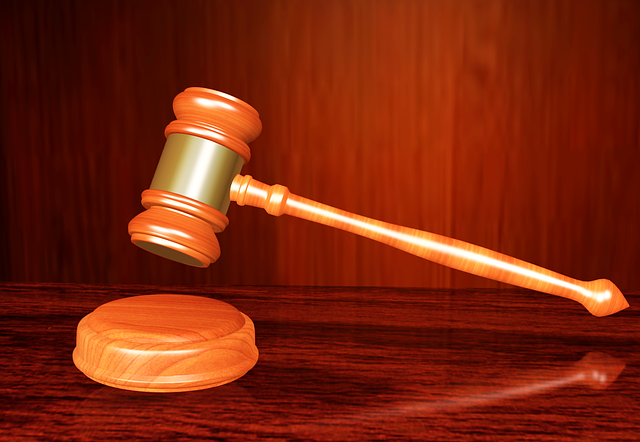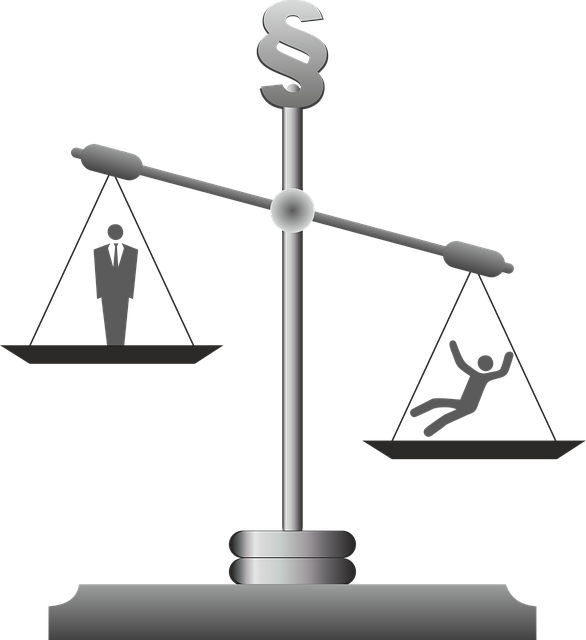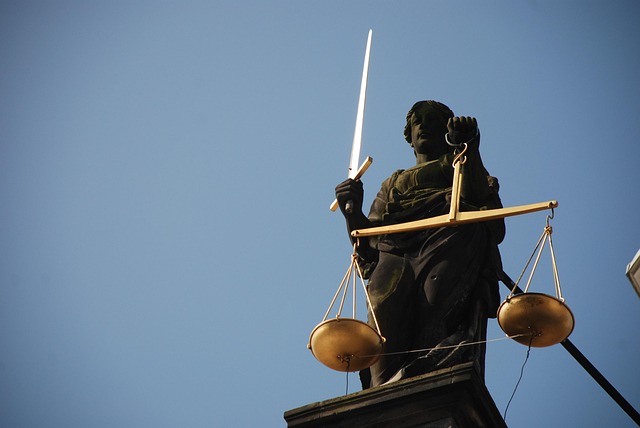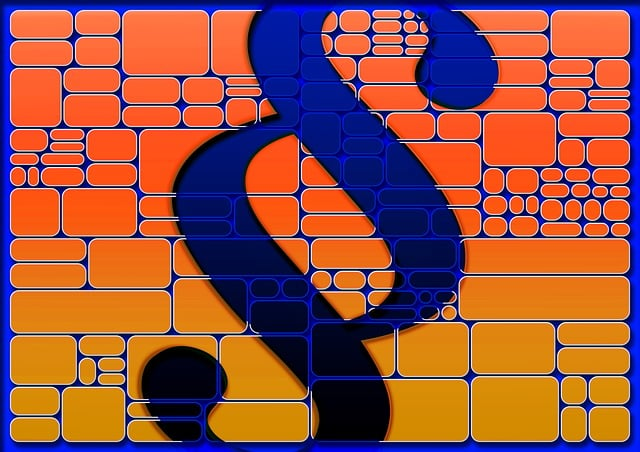Whistleblower Protection Lawsuits empower individuals to expose illegal or unethical activities within organizations, protecting them from retaliation and ensuring consumer rights are upheld through civil litigation. By understanding federal and state whistleblower laws, employees and consumers can take legal action against companies engaging in fraud, environmental violations, or health hazards, seeking compensation for damages and promoting accountability. This process involves documenting evidence, submitting detailed reports to authorities, and, if valid, filing lawsuits leading to potential remedies like back pay, reinstatement, and punitive damages, with jury trials holding wrongdoers accountable. Understanding consumer rights is crucial for protecting whistleblowers and fostering ethical business practices.
“Uncovering Wrongdoings, Protecting Whistleblowers: An In-Depth Look at Whistleblower Protection Lawsuits
Whistleblower protection lawsuits play a pivotal role in upholding justice and safeguarding consumer rights in civil litigation. This comprehensive guide aims to demystify these legal actions, offering insights into who is entitled to protection, common case types, and the step-by-step process of filing a claim.
We explore the diverse aspects, from the protections afforded to individuals exposing corporate fraud to the potential for significant consumer compensation. By understanding your rights as a whistleblower, you can navigate this powerful tool for positive change.”
- What are Whistleblower Protection Lawsuits?
- Who is Protected Under These Laws?
- Types of Whistleblower Cases in Civil Litigation
- The Process: How to File a Whistleblower Protection Lawsuit
- Consumer Rights and Compensation in Whistleblower Suits
What are Whistleblower Protection Lawsuits?
Whistleblower Protection Lawsuits are legal actions initiated by individuals who expose illegal or unethical activities within their organizations. These lawsuits are designed to protect whistleblowers from potential retaliation, such as termination, harassment, or demotion, for reporting these wrongdoings. Understanding consumer rights in civil litigation is crucial here, as it ensures that individuals can come forward without fear of adverse consequences and that their actions can lead to positive change.
By filing a whistleblower lawsuit, individuals not only safeguard their own employment but also contribute to achieving extraordinary results in legal proceedings. Through these cases, the public interest is served as they uncover fraud, corruption, or violations of consumer rights. The process involves all stages of the investigative and enforcement process, ultimately leading to potential remedies like back pay, reinstatement, and punitive damages. Jury trials play a significant role here, providing an avenue for holding wrongdoers accountable and ensuring that justice prevails.
Who is Protected Under These Laws?
Under whistleblower protection laws, a wide range of individuals are shielded from legal repercussions for reporting illegal or unethical activities within their organizations. This includes employees at all levels, from entry-level staff to executives, as well as contractors and interns. The focus is on those who, in good faith, uncover potential wrongdoings that may harm the public interest.
Understanding consumer rights in civil litigation is crucial here, as whistleblowers often play a vital role in exposing fraud or dangerous practices. They are protected throughout all stages of the investigative and enforcement process, including any subsequent jury trials, ensuring they can come forward without fear of retaliation from their employers. This legal framework aims to foster an environment where individuals feel empowered to speak up against corporate misconduct, thereby promoting transparency and accountability.
Types of Whistleblower Cases in Civil Litigation
Whistleblower cases in civil litigation encompass a wide range of scenarios where individuals expose illegal or unethical practices within organizations, often protecting consumer rights in the process. These cases can be brought forward by employees who witness wrongdoing, such as fraud, environmental violations, or health and safety hazards. For instance, a consumer might file a lawsuit against a company that misrepresents its products, misleading customers and causing them financial harm.
Understanding consumer rights is crucial here, as it empowers individuals to take legal action when their rights are violated. Across the country, various whistleblower protection laws have been implemented to encourage disclosures while ensuring complete dismissal of all charges against the whistleblower if their information leads to significant recoveries or improvements in public health and safety. These protections extend to individuals from diverse philanthropic and political communities, fostering a culture of accountability.
The Process: How to File a Whistleblower Protection Lawsuit
When considering filing a whistleblower protection lawsuit, understanding the process is crucial for navigating consumer rights in civil litigation. The first step involves identifying a violation of federal or state whistleblower laws, which protect individuals who report illegal or unethical activities within their respective business. These laws aim to encourage employees to come forward with information that exposes fraud, corruption, or other misconduct without fear of retaliation.
To initiate the legal process, whistleblowers must carefully document their evidence and prepare a detailed report outlining the violations and potential harm. This information is then submitted to the appropriate authorities, such as the Securities and Exchange Commission (SEC) or state attorney general’s office, which will determine whether to investigate further. If the claim is valid, the whistleblower may proceed with filing a lawsuit against the entity for violation of whistleblower protection laws, seeking compensation for damages incurred during the reporting process. This involves a structured legal battle where for his clients, skilled attorneys advocate on their behalf to ensure justice and protect consumer rights in civil litigation.
Consumer Rights and Compensation in Whistleblower Suits
In whistleblower protection lawsuits, understanding consumer rights in civil litigation is paramount. When individuals expose white collar and economic crimes committed by corporations or individuals, they often face significant personal and professional risks. Consumer rights are designed to balance these risks and provide compensation for damages suffered as a result of their disclosures. This includes both direct financial losses and indirect harm to reputation and career prospects.
The legal landscape surrounding whistleblower suits also encompasses the interests of corporate and individual clients, as well as philanthropic and political communities. By ensuring that consumers have a clear understanding of their rights, these lawsuits can foster a culture of accountability and transparency. This is crucial in maintaining trust within these diverse groups, promoting ethical business practices, and upholding the integrity of public and private institutions.
Whistleblower protection lawsuits play a vital role in upholding justice by safeguarding individuals who expose illegal activities within their organizations. By understanding consumer rights in civil litigation, those with valuable information can take action without fear of retaliation. These laws empower citizens to become the eyes and ears of the community, ensuring transparency and accountability. When navigating these legal processes, it’s essential to familiarize oneself with the steps involved, from recognizing protected activities to seeking appropriate compensation for both personal harm and consumer benefits derived from the lawsuit.






